A meeting among the Nobel Prize winners
Dr. Karolina Finc from the Interdisciplinary Center of Modern Technologies of NCU is the only person from Poland who presented the results of her research and talked about scientific interests during a meeting with the Nobel Prize winners.
Lindau Nobel Laureate Meeting is a world recognized forum of idea exchange between the laurates of the Nobel Prize and young scientists. This year, it was the 70th meeting (June 27th – July 2nd). Almost 80 Nobel Prize winners and 600 outstanding researchers from all over the world confirmed their participation in the meeting. In this privileged group, there were Poland's four representatives, including Dr. Karolina Finc from Nicolaus Copernicus University in Toruń. What is worth noticing is that she was the only person from the Polish group who delivered a speech of her scientific interests and research.
Education Mission
The initial idea of the meeting was originated by two medical doctors from Lindau: doctor Franz Karl Hein and professor Gusav Wilhelm Parade, and by Earl Lannart Bernadotte from Wisborg, a member of the Swedish Royal family. They realized that such an endeavor was held potential for uniting the nations in the post-war Europe. They managed to hold the first meeting in 1951 (with the participation of young researchers it happened two years after). Since then, the meetings of the Nobel prize laureates in Lindau have been taking place under the slogan "Education Mission" and they have evolved as the world's recognized forum of the exchange of ideas and experience between the nations, cultures and disciplines.
Each year, the program is very versatile and, most of al,l it comprises current scientific issues, which are meaningful for social and pollical matters. The meeting this year was abundant in the issues related to the pandemic, climate change, genome edition, dark matter, energy and artificial intelligence. For six days, multiple sessions, lectures, discussions, master classes, and discussion panels were taking place. All of them had been organized in a way which facilitated the exchange of ideas and experience between the generations of researchers.
A narrow group of the invited
Since 2006 and pursuant to the agreement with Lindau Nobel Meeting Council, the representatives of the national delegation have been appointed by the Foundation for Polish Sciences.
- Young talented researchers are selected from a group of scholars of the prestigious program START, which is aimed at the best Polish young scientists – explain the Foundation representatives. – Four scholars successfully went through the multi-layer recruitment process and in this way, they found themselves among 660 scientists from 101 countries – students, doctoral students, and postdocs below the 35 years of age.
For the jubilee edition of the meetings and besides Dr Karolina Finc, the Foundation for Polish Sciences appointed Dr.-Ing. Bartosz Błasiak from Warsaw technical university, Dr. Ewelina Lipiec from the Institute of Nuclear Physics PAN, and Dr. Łukasz Jan Skórka from Warsaw technical University. The organizers of Lindau Nobel Laureate Meeting chose Dr. Karolina Finc to present the results of her research and future scientific plans on the international forum.
I feel extremely excited. Stressed, too, especially when I think about who there might be in the audience. I hope for an interesting and creative talk after my presentation – said Dr. Karolina Finc before the meeting. – I am very happy as it is great recognition. I have a chance not only to talk about my own research, but also to establish precious contacts.
Plasticity of the brain
Dr. Karolina Fin cis a leader of Computational Neuroimaging Team operating in ICNT (Interdisciplinary Center of Modern Technologies) at NCU. She belongs to Neuroinformatics group which functions within the Center of Excellence "Dynamics, mathematical analysis, and artificial intelligence" (Neuroinformatics team, director: professor Duch). She graduated from Cognitive Sciences at NCU, worked on her doctoral dissertation in ICNT, and defended her doctoral thesis in the Faculty of Physics, Astronomy and Applied Computer Science.
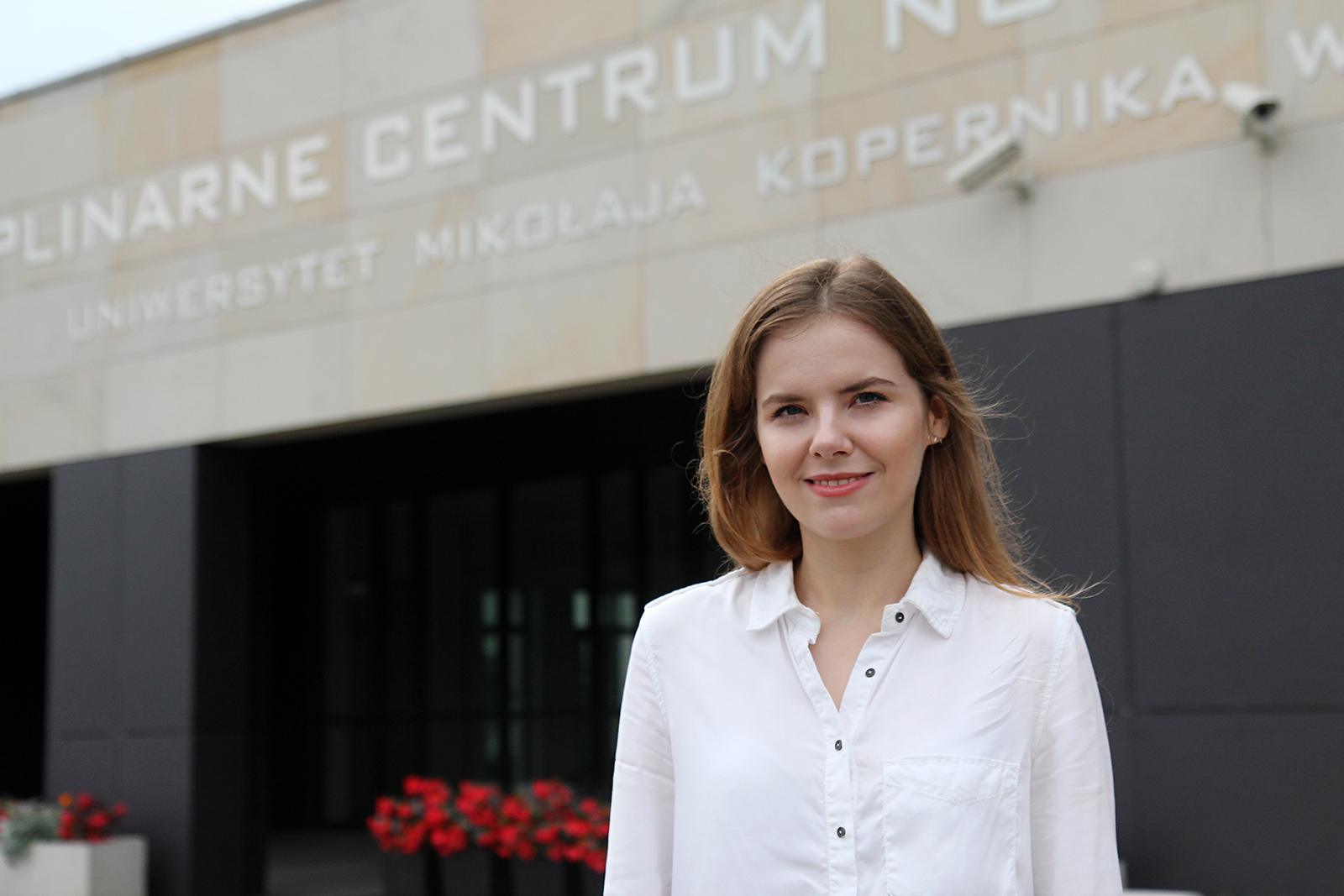
She is a laureate and a beneficiary of numerous competitions, scholarships and grants for young researchers – not only of the program START (2018) of the Foundation for Polish Science, expanded with the scholarship of professor Barbara Skarga for those scientists whose research is outstanding as they go beyond the borders of versatile sciences, open new research perspectives and set up new values in science, but also of grants such as PRELUDIUM (2016) and ETIUDA (2017) financed by the National Center of Science.
In 2014, she did internship in Max Planck Institute in Berlin (supervisor: Simone Kühn), and in 2018 at University of Pennsylvania (supervisor: Danielle Bassett), in 2019 at Stanford University (supervisor: Russell Poldrack). Currently, she Poldark is doing a postdoc internship at Max Planck Institute in Berlin (supervisor: Nicolas Schuck).
During Lindau Nobel Laureate Meeting, Dr. Karolina Finc had her presentation on July 1st in the panel "Next generation Science" with her report entitled "Dynamics and Plasticity of the Human Brain Network During Cognition".
My presentation was most of all devoted to the networks of the brain and their reorganization, which is what I work on daily – explains Dr. Finc. – Brain is interconnected, it remains active all the time, and we deal with multitude of its sophisticated interactions. It also keeps changing in a specific way: we watch constant changes between the periods of segregation and integration of the whole network. This subtle balance between segregation and integration seems to be the key in the functioning of out cognition.
The complexity of the human brain is so huge that it is very difficult to describe with the use of basic neuro-analytical methods of neuroimaging data. What comes with help is the new science – network neuroscience, which focuses on the research of a sophisticated network of connections in the human brain with the use of mathematical algorithms from the theory of graphs.
In her scientific research, Dr. Finc has been examining what happens in the human brain during a cognitive training of a high level of difficulty.
It turns out that even when we do not perform any cognitive tasks, the areas of the brain of similar functions act in a synchronized way – explains Dr. Finc. – Measuring the degree of this synchronization, we may recreate a network of functional connections in the whole human brain, so called "functional connection", which is still getting reorganized - it can change after a period of intensive study or training, e.g., musical, motor or cognitive, that is consisting of a sequence of some moves in real time in order to get adjusted to the changes in the difficulty level of tasks we connection face every single day.
The results of the research may allow us to understand better what it is in the brain that is responsible for the fact that a person learns faster, whereas another one more slowly, and what characteristics of the brain network has an impact on such a difference. What is more, it may contribute to creating new methods of measuring the dynamics of flexible changes in the brain, and in the future to selecting better medication and therapy.
- I have been working on this issue for quite some time, and I must admit that I still find it fascinating and exciting. I also have a lot of new ideas to continue the research, which I am going to talk about during the meeting in Lindau – says Dr. Finc.
 NCU News
NCU News







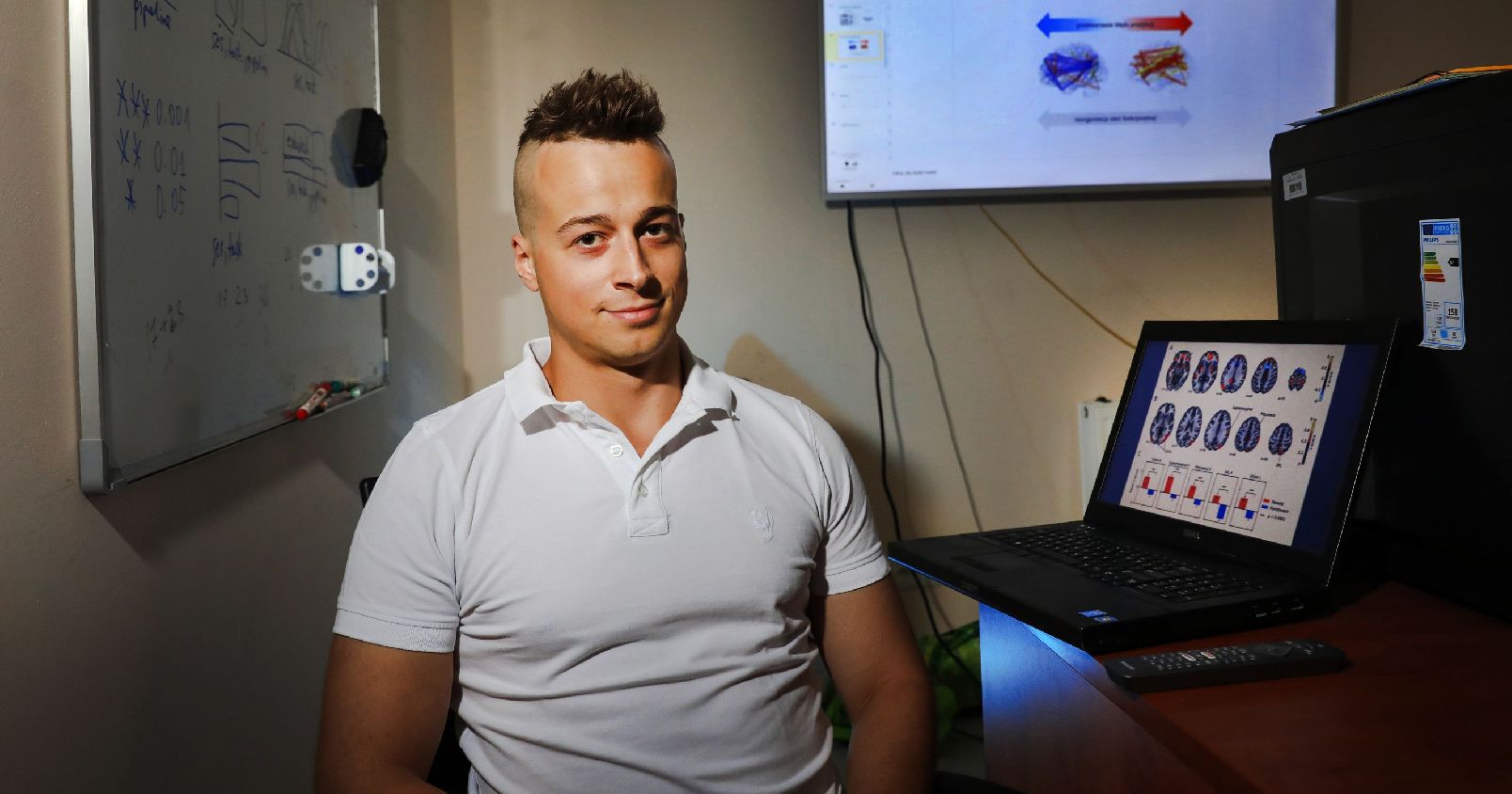 Exact sciences
Exact sciences
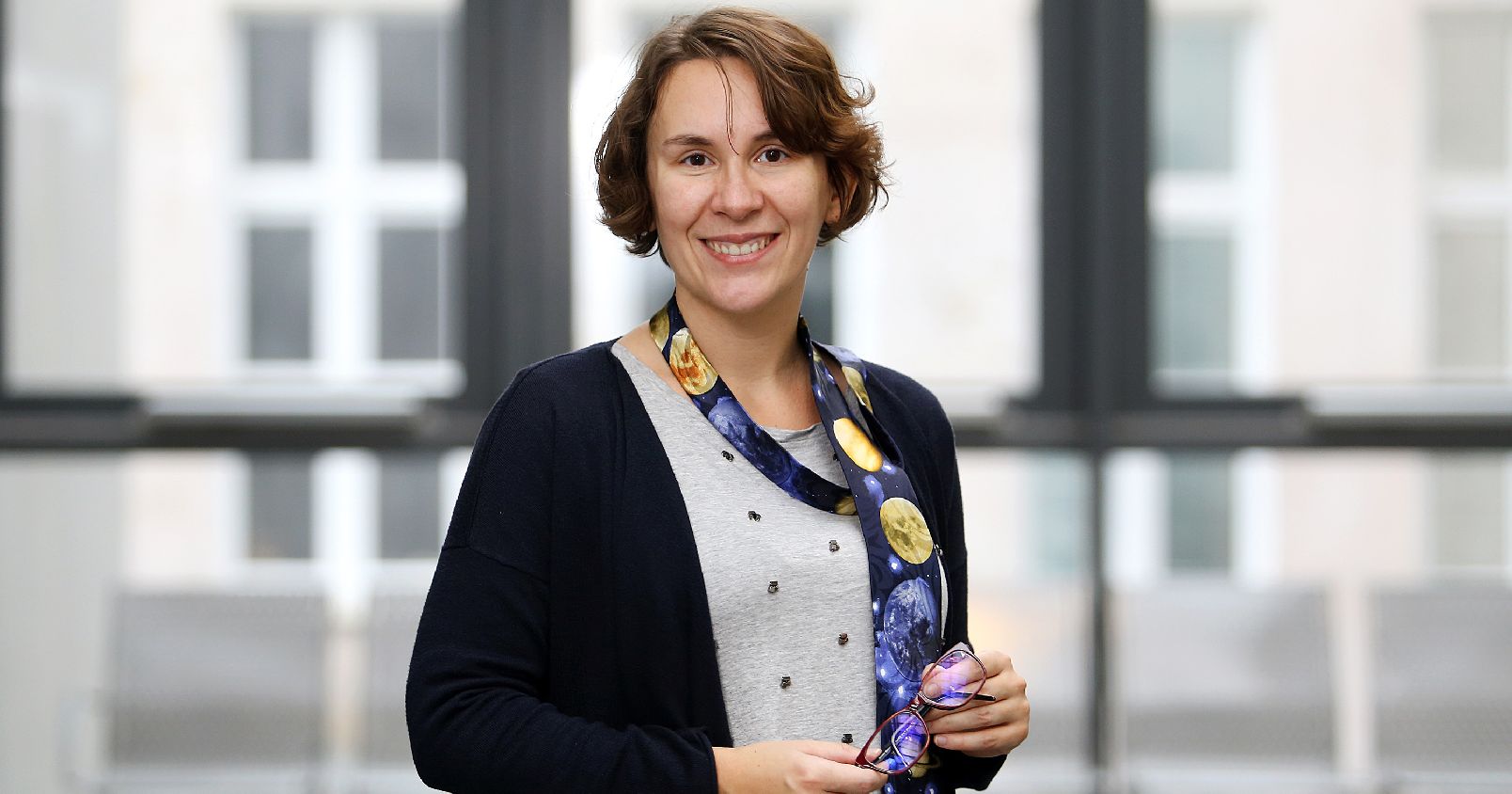 Exact sciences
Exact sciences

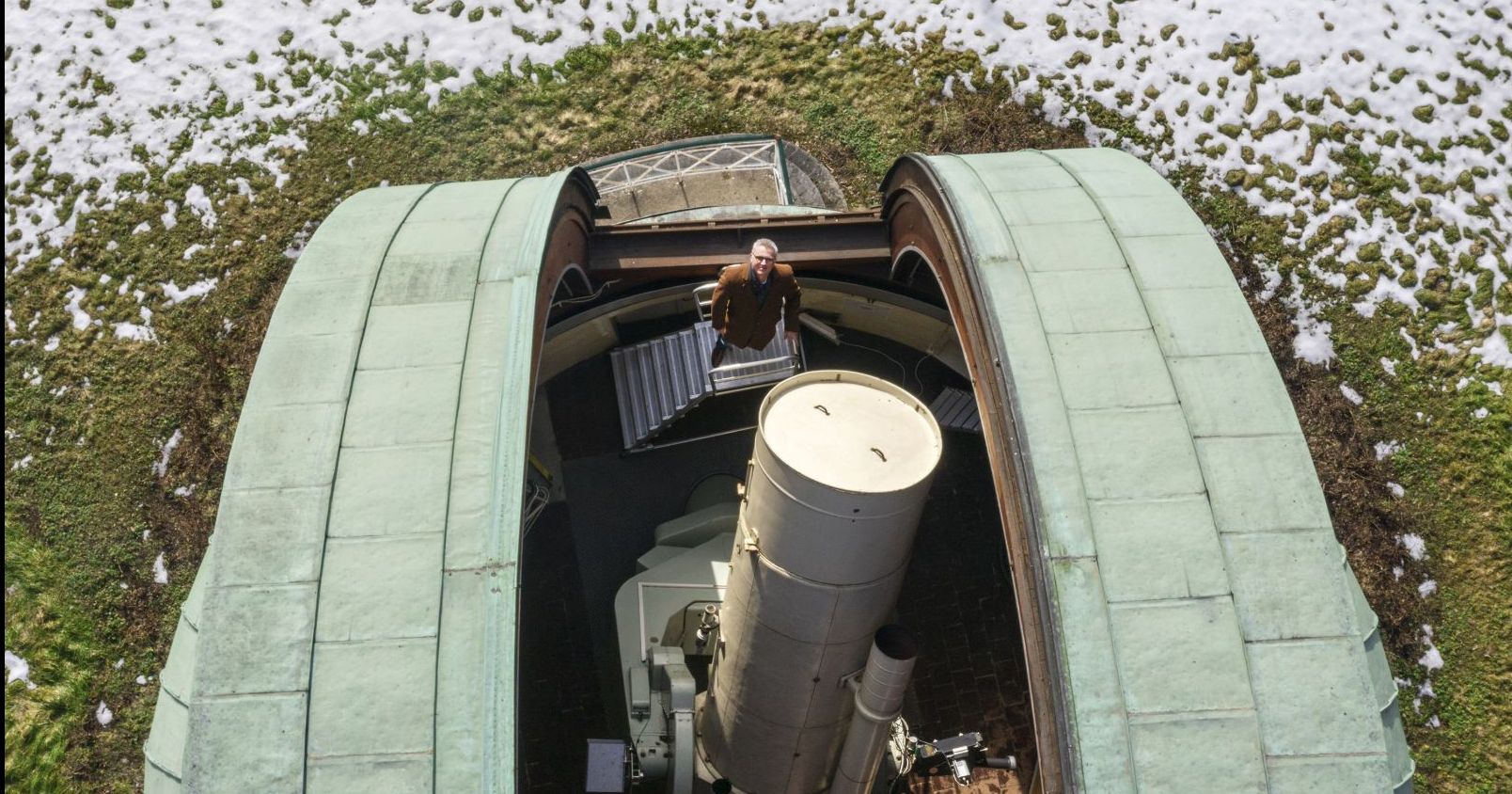 Exact sciences
Exact sciences